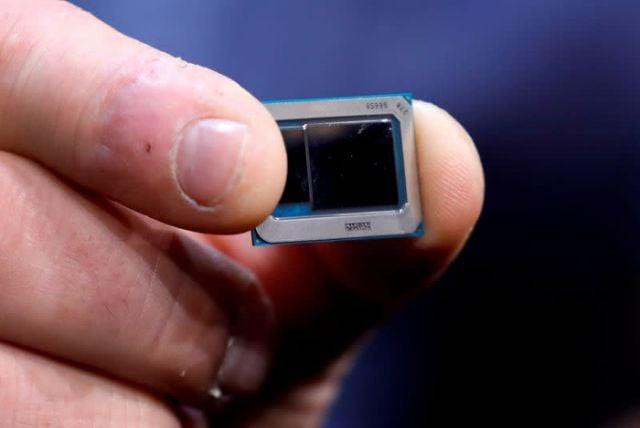Intel reiterates chip supply shortages could last several years
Intel Corp's CEO said it could take several years for a global shortage of semiconductors to be resolved

Intel Corp's CEO said on Monday it could take several years for a global shortage of semiconductors to be resolved, a problem that has shuttered some auto production lines and is also being felt in other areas, including consumer electronics.
Pat Gelsinger told a virtual session of the Computex trade show in Taipei that the work-and-study-from-home trend during the Covid-19 pandemic had led to a "cycle of explosive growth in semiconductors" that has placed a huge strain on global supply chains.
"But while the industry has taken steps to address near-term constraints it could still take a couple of years for the ecosystem to address shortages of foundry capacity, substrates, and components."
A billion for every chip-maker who 'makes in India'
Gelsinger had told The Washington Post in an interview in mid-April the shortage was going to take "a couple of years" to abate, and that it planned to start producing chips within six to nine months to address shortages at US car plants.
Intel announced a $20 billion plan in March to expand its advanced chip manufacturing capacity, building two factories in Arizona and opening its plants to outside customers.
"We plan to expand to other locations in the US and Europe, ensuring a sustainable and secure semiconductor supply chain for the world," Gelsinger said, without elaborating.
Carmakers wake up to new pecking order as chip crunch intensifies
Intel's plans could directly challenge the two other companies in the world that can make the most advanced chips - Taiwan Semiconductor Manufacturing Co Ltd (TSMC), and South Korea's Samsung Electronics.
The two have come to dominate the semiconductor manufacturing business, moving its center of gravity from the United States, where much of the technology was once invented, to Asia, where more than two-thirds of advanced chips are now manufactured.


















COMMENTS
Comments are moderated and generally will be posted if they are on-topic and not abusive.
For more information, please see our Comments FAQ